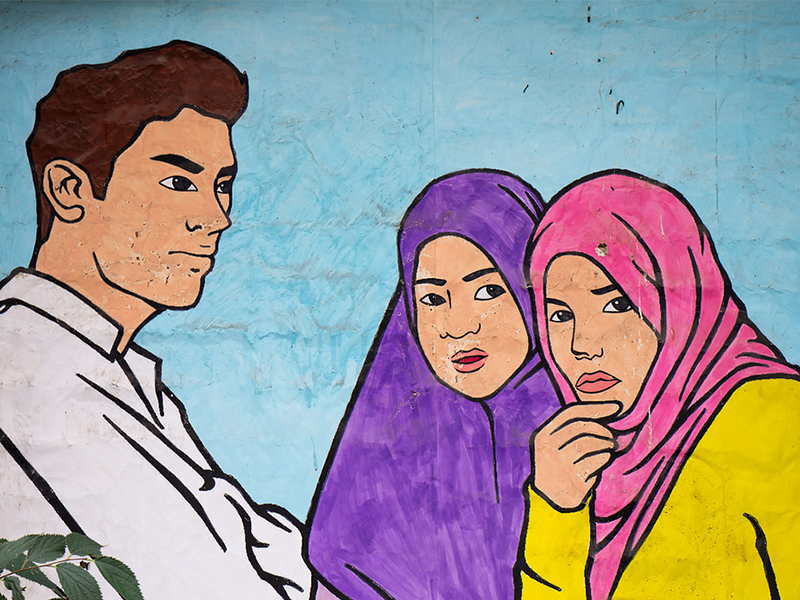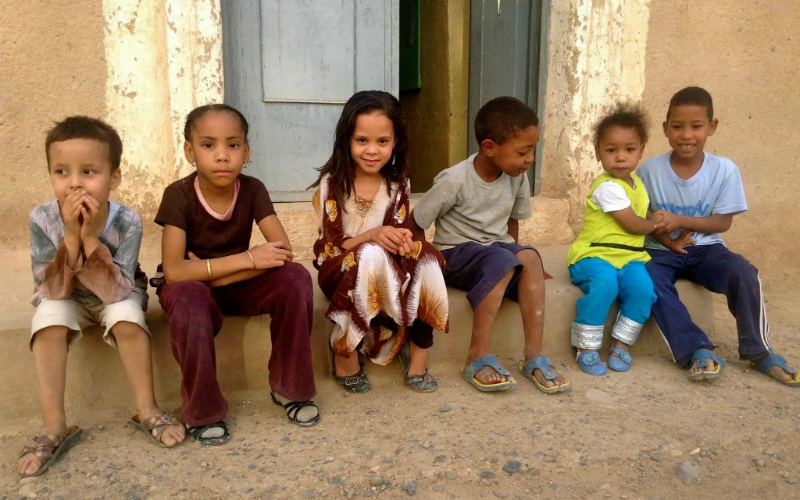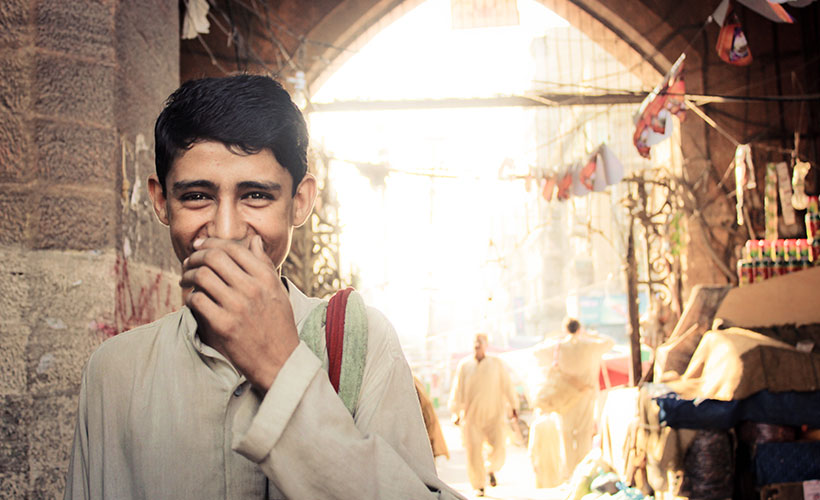
In 1993, the UN General Assembly’s Declaration on the Elimination of Violence Against Women provided a framework for action on what it calls “a global pandemic’. But more than 20 years on, statistics show that 1 in 3 women experience physical or sexual abuse, most of them at the hands of an intimate partner. Despite the creation of laws that prohibit violence against women, reports indicate that there is a rise in crime against women.
Tackling this issue creatively is Egypt-based photographer Mohamed Taher, who is bringing together the dance and photography communities to raise a voice against sexual harassment towards women in Egypt. In his series entitled ‘Ballerinas of Cairo‘, inspired by a similar concept in New York, Mohamed Taher captures the graceful movements of ballerinas against the old streets of Cairo. The photos are, at first glance, stunning snapshots of a city’s vibrant culture in motion. But considering the dangers Egyptian women face for roaming these same streets on a daily basis, writes the Huffington Post, their impact is far deeper.

Initially, Taher took up the project as he found it to be a visually-interesting concept. He soon realised that the dancers in his photographs and videos were not just dancing – they were expressing themselves.The dancers were taking it out on the streets, where they could be free of inhibitions. Posing for the photos gave the dancers room in the streets, making them feel empowered to take up space without fear.

In the last few years, the streets of Egypt have not been very welcoming to women of all ages. Every time they step out of the house, they have to reconsider their attire, adapt a reclusive way of walking,and stick to times when there would be maximum crowds on the streets, in order to avoid vulgar comments and risk getting molested. Even in its bustling capital, Cairo, episodes of sexual harassment are not uncommon; 93% women in Egypt feel unsafe walking on the streets alone and nearly 99% have faced some form of sexual or physical abuse.
“You see this movement of the ballet dancing and the roughness of [Cairo]. It makes a lot of contrast… It was kind of a niche version of the project,” says Mohamed Taher.

Shooting such an ambitious project in the rigid and conservative streets of Cairo, combined with growing political unrest, was no easy task for the acclaimed photographer and his team. Post the revolution of 2011, people in Cairo have become very sensitive to seeing cameras on the streets and are very reluctant to pose for photos. “So it was a bit risky to shoot in the streets, but the people’s reactions were priceless. They were amazed at seeing ballerinas gracefully dancing in the streets, they loved them and sometimes, they took photos with us,” says Taher in an exclusive interview with Movidiam.
For the photographer, ‘Ballerinas of Cairo’ has become more than a cool photo project; it’s about giving women the freedom to walk on the streets without fear and worry, and to reclaim the streets.
[Read also: 10 Things Every Woman Travelling To Cairo Needs To Know]

Encouraged by the response he received from the local community and after his images went viral on Instagram, Taher has decided to implement the same concept in other cities in Egypt. His first feature outside of Cairo is Aswan, where the ballerinas dazzle as they leap, pose, and pirouette through the streets of the historic city and the iconic Nile River.
Taher hopes that projects such as his will give hope to the women of Egypt, and help restore some of the beauty that is vanishing from the streets.

Sexual harassment has been a skyrocketing problem in Egypt in the past few years, and offenders used to be slapped with imprisonment of six months. In January this year, the Legislative Parliament approved tougher penalties, with jail term of one year and a fine of between EGP5,000-10,000 (about USD300-600), a major step in this conservative society that often condemns the victim. Additionally, abusers who use their authority within the setting of family, work, or education to commit sexual harassment will now face a jail sentence of no less than three years.
Prominent human right activists, however, believe that while the law may help lower incidences of harassment, the people in Egypt need to first acknowledge sexual harassment as a crime. Real change can only be expected if or when society changes its perception towards women, and their rights and safety.


